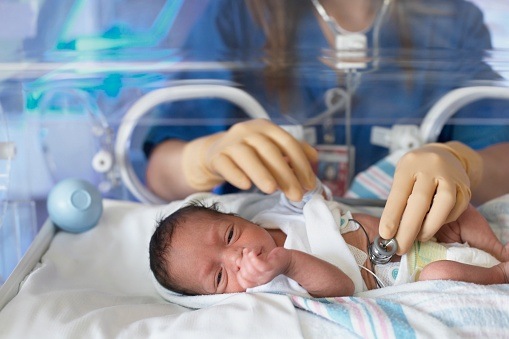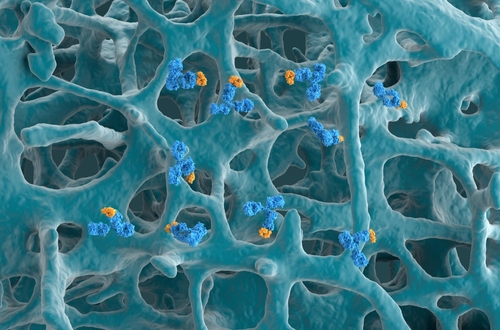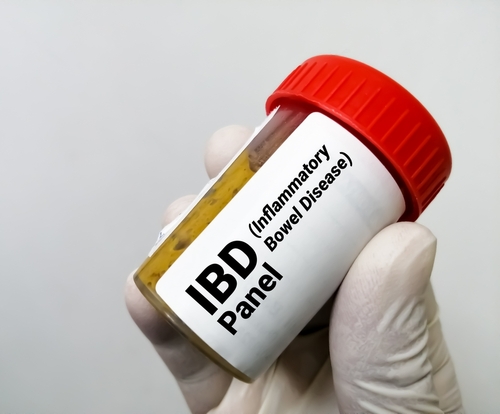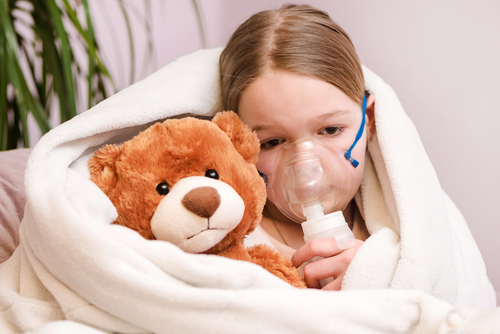
A National Institutes of Health (NIH) study has linked air pollution to a spike in newborn intensive care unit (NICU) admissions. The findings were published in Annals of Epidemiology.
To conduct this study, researchers assessed study data from the Consortium of Safe Labor, which comprised information on 223,000 live births from 12 clinical sites across the US from 2002 to 2008. They linked 27,189 NICU admissions to modified data gathered from the Community Multiscale Air Quality Modeling System, which assesses environmental concentrations across the US. To evaluate pollutant risk, they matched air quality data in the area where each birth occurred, both on the week and day before delivery. Subsequently, they compared these time intervals with air quality both two weeks before and two weeks after delivery to discern risk of NICU admissions in correlation to pollution levels. Moreover, the researchers also investigated the odds of NICU admission associated with high concentrations of pollution materials less than 2.5 microns in diameter. These materials stem from various sources including diesel and gasoline engines, power plants, landfills, sewage facilities and industrial processes.
NIH study links air pollution to increase in newborn intensive care admissions https://t.co/P6P2PWEOuh @NIH #healthequity #SDOH #environmentalhealth
— Philip M. Alberti, PhD (@PM_Alberti) July 19, 2019
Air Quality Affects Pregnancy
The results of the study suggest that NICU admissions notably increased under exposure to traffic-related pollutants on the day prior to giving birth (4%) when juxtaposed to the week before delivery (3%). Those percentages equated to an approximate 300 parts per million (ppm) increase in carbon monoxide, 13% and 9% increase in nitrogen dioxide (approximately 26 ppm) and 6% and 3% increase in sulfur dioxide (3 ppm increase). Also, exposure to high concentrations of organic compounds in the air was correlated to a 147% increase in risk of NICU admission with elemental carbon and ammonium ions presented similar increases in risk (38% and 39%, respectively), while exposure to nitrate compounds was associated with a 16% higher risk of NICU admission.
“Short-term exposure to most types of air pollutants may increase the risk for NICU admission,” said Dr. Pauline Mendola, Ph.D of Epidemiology Branch at NIH’s Eunice Kennedy Shriver National Institute of Child Health and Human Development in a press release. “If our findings are confirmed, they suggest that pregnant women may want to consider limiting their time outdoors when air quality advisories indicate unhealthy conditions.”
The study authors added in their conclusion that “these novel associations suggest infants exposed in utero to common air pollutants may require additional care during the newborn hospital admission.”
NIH study links air pollution to increase in newborn intensive care admissions https://t.co/QHUhUTKyPV
— Crwe World (@CrweWorld) July 19, 2019
https://twitter.com/mcbridetd/status/1152595006546481152
Source: Annals of Epidemiology, EurekAlert







 © 2025 Mashup Media, LLC, a Formedics Property. All Rights Reserved.
© 2025 Mashup Media, LLC, a Formedics Property. All Rights Reserved.